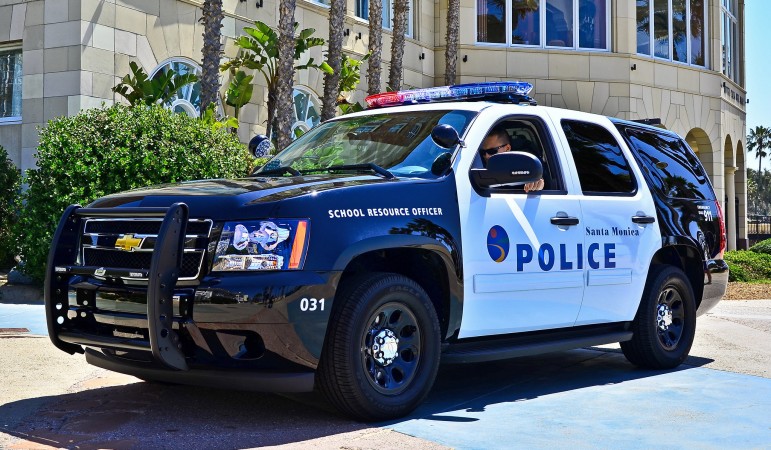Kids sometimes misbehave in school. They might curse or knock over a chair. Those disruptions can look like criminal behavior in the eyes of school resource officers or SROs. These are law enforcement officers assigned to protect schools. SROs have been around for decades but have gained renewed attention following last year’s school shooting in Parkland, Florida.
Despite the pressure to provide for more security in schools, there are concerns about the long-term effects on students who are arrested by SROs and sucked into the criminal justice system. A recent report from the advocacy group Alabama Appleseed details one aspect. It found black students and children with disabilities were more likely than others to be arrested in connection with their conduct at school.
WBHM’s Andrew Yeager spoke with Leah Nelson, the group’s research director.
Interview Highlights
The reasons behind the difference:
“It’s hard to say exactly what accounts for those disparities. It’s not just one thing. Children with disabilities are disproportionately arrested particularly because children with disabilities may be more likely to be disruptive. Children of color are over-arrested the same way adults of color are over-arrested in Alabama. It is essential that children of color not be over-arrested in schools just as it is essential that adults of color not be over-arrested in communities for activities that are equally engaged in by white people.”
Law or rules for student resource officers:
“There is a law that says they need to be in good standing with the Alabama Peace Officers Standards and Training Commission. They need to have active shooter training. But there’s nothing that requires special training for the job of being a school resource officer.”
Recommendations based on these findings:
“My number one recommendation would be training both for school resource officers and for faculty and staff … My second recommendation is to create a robust data tracking system, integrating information from schools, from police and from courts to look at outcomes. What’s happening to these kids? How long are they staying out of school? How are they doing when they do come back to school, so that we can start creating systems that help guide and educate children who may be disruptive and make sure they have the opportunity to become successful adults. And then I also would like to see the creation of unambiguous codes of conduct that make it clear when it is appropriate to refer a child to law enforcement.”
Photo by Tomás Del Coro

